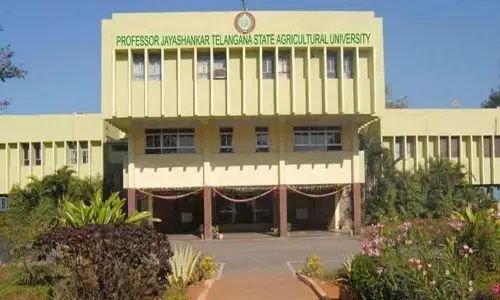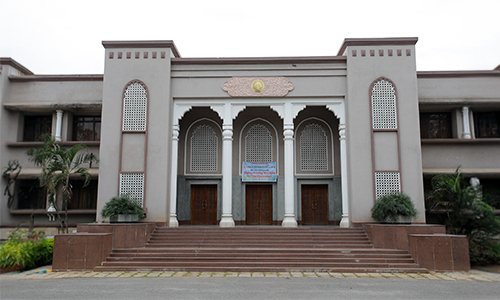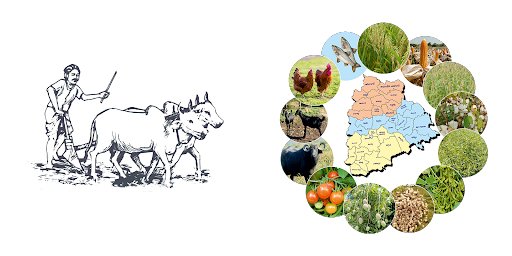Introduction
GENETICS AND PLANT BREEDING(Ph.D)
The Genetics & Plant Breeding, Ph.D (Agriculture) programme was introduced in the year 1978 with major subjects of Genetics, Cytogenetics, Plant Breeding, Quantitative Genetics, and Seed Technology. The department is offering Ph.D programmes in collaboration with department of Molecular biology and Biotechnology, Biochemistry, Statistics and Mathematics, Entomology, Plant Pathology Crop Physiology and Seed Science and Technology as minor departments and Statistics and Mathematics, Entomology, Plant Pathology and Crop Physiology as supporting departments
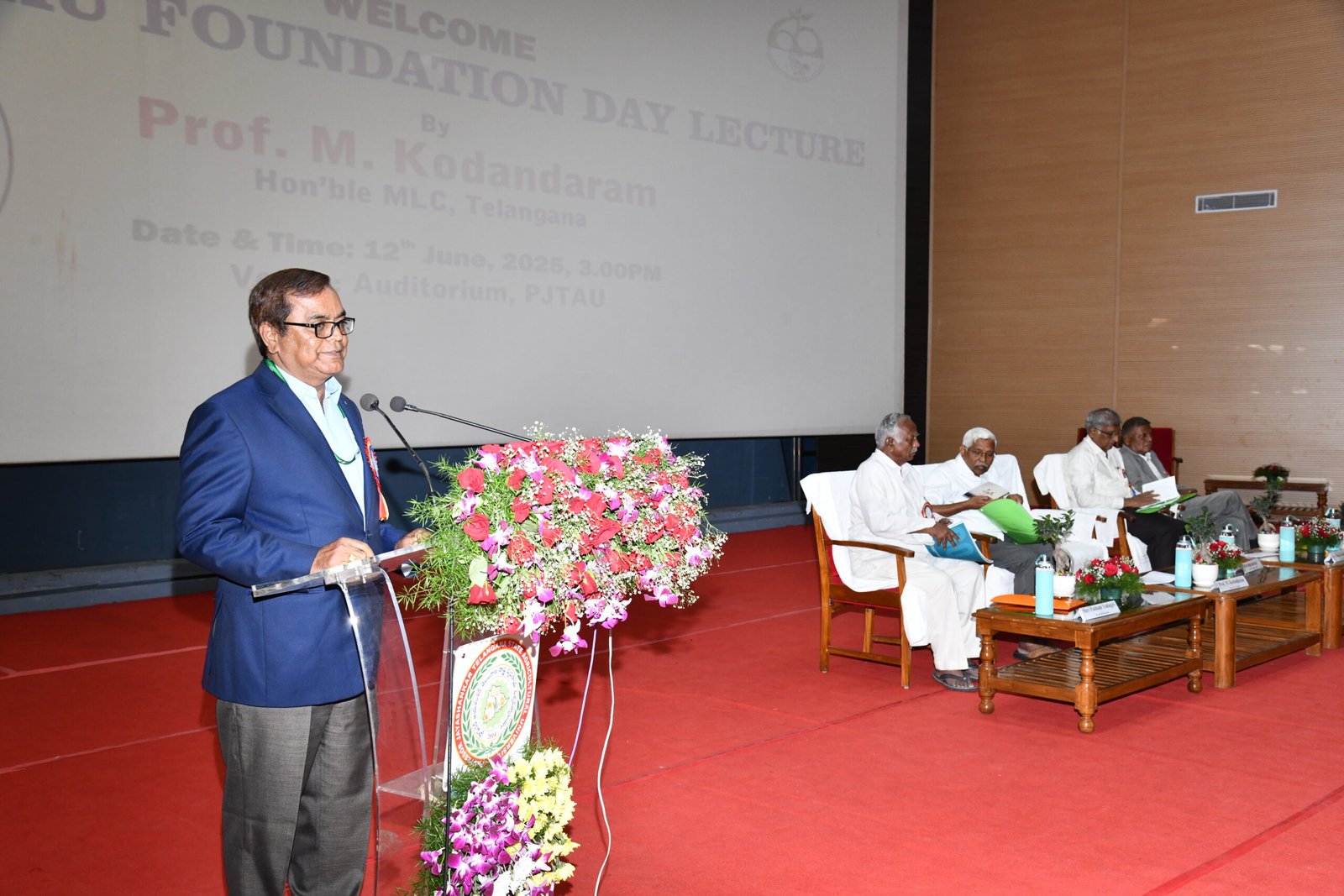
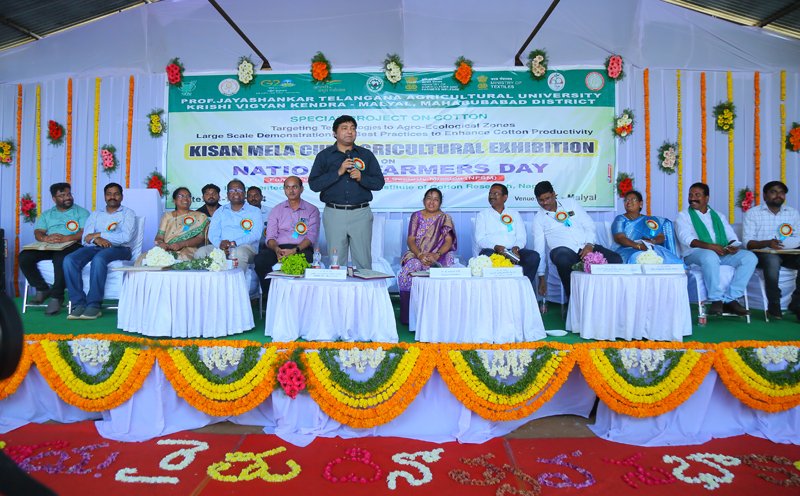
Why this Programme?
To orient the Doctoral graduate students to experience the techniques involved in the development of new varieties besides underlying the genetic principles. The primary aim of the course is to build on the understanding and skill base for the students by focusing on the research and practical aspects. The course curriculum aims at preparing the students for overall domain expertise, by conducting research, practice, and analysis, to help them to realize the demands of practical life.
Get Started
Aim of the Programme
The Doctoral Programme in Genetics and Plant Breeding has been designed with the following aims:
- Empowering the students and enabling an environment for better learning
- Students will get an in-depth understanding of the subject and to write the theses on the research work carried out by them.
- Develop competitive human capacity in Genetics and Plant Breeding globally.
- Promote research on frontier areas for developing high performance and nutrient rich crop varieties.
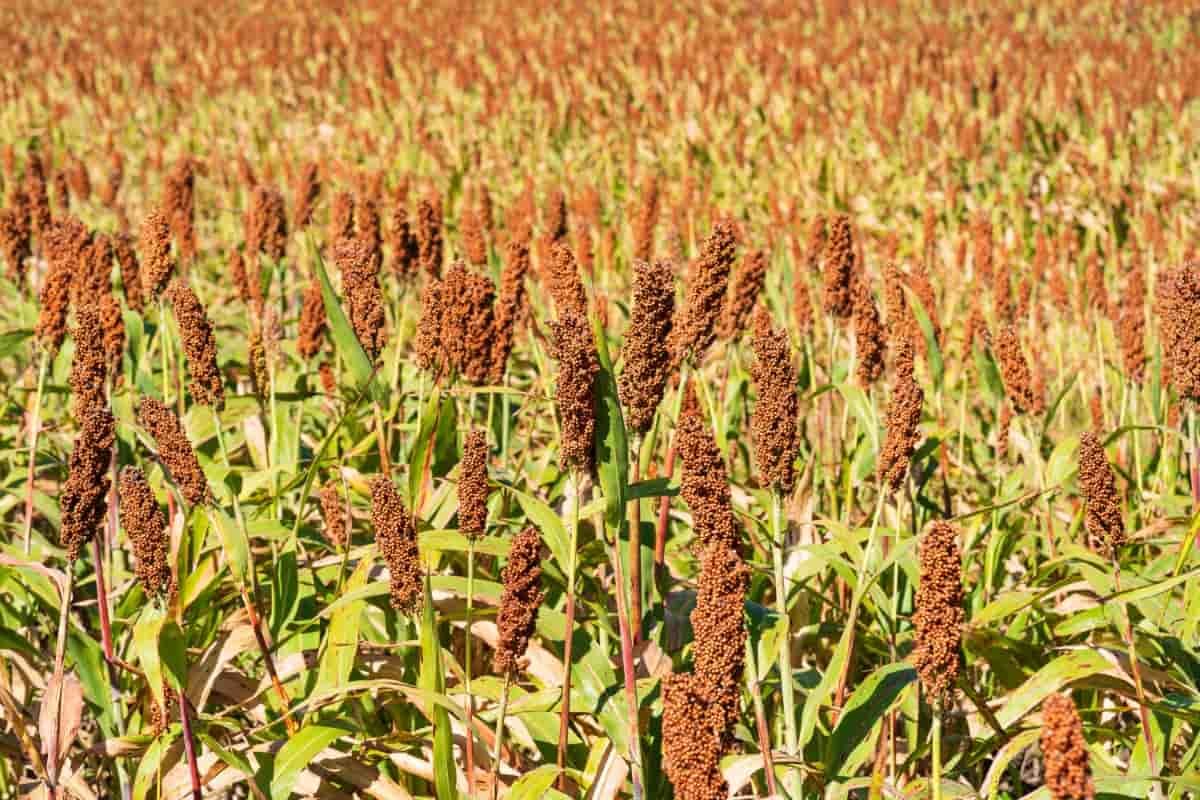
Application and Admission
The candidates seeking admission into Ph.D degree programme shall appear for the ICAR AICE conducted by NTA during the year of admission duly passing the qualifying examination prescribed. The detailed process of admission shall be provided in the Information Bulletin of that particular year of admission. Application for admission shall be made in the prescribed online form hosted on the University website, pjtau.edu.in after the notification is issued by the Registrar of the University to this effect.
Future Career
The students can be recruited in Educational Institutes, Plant Breeding Centres, private seed firms, Genetic Engineering labs, Nurseries, Agriculture Departments, Biotechnology Companies, Crop Plantation Facilities, Agriculture Ministries, Research Laboratories, Agricultural Scientists, Seed Certification Officers and Quarantine Officers. Crop Research Directorates and other employers hire Ph.D. in Genetics and Plant Breeding graduates. In SAUs and agriculture universities, they can obtain teaching and research opportunities.
Student Experiences
Doctoral in Genetics and Plant Breeding
Doctoral Course Work
A series of courses designed to provide learning opportunities to meet the requirements for a Ph.D degree in accordance with BSMA (Broad Subject Matter Area) recommendations including stand-alone programmes. The courses with 600 series are to be registered for Ph.D degree programmes. The Ph.D students can register 500 series courses of closely related subjects if not done in Master’s degree programmes.
Doctoral thesis research
The Ph.D research work should be in tune with the present requirement in specific crops and should meet the requirements of the state of Telangana. The students are required to focus mainly on the recent advances in plant breeding with emphasis in practical utility in designing the research work.
Research internship
An optional internship/ in-plant training (called as IDEA) in lieu of thesis/ research work is recommended which will give the students an opportunity to have a real-time hands-on experience in the industry. It is envisaged that the internship/ in-plant training would enhance the interactions between academic organizations and the relevant industry. It would not only enable the development of highly learned and skilled manpower to start their-own enterprises but also the industry would also be benefitted through this process. This pragmatic approach would definitely result in enhanced partnerships between academia and industry.
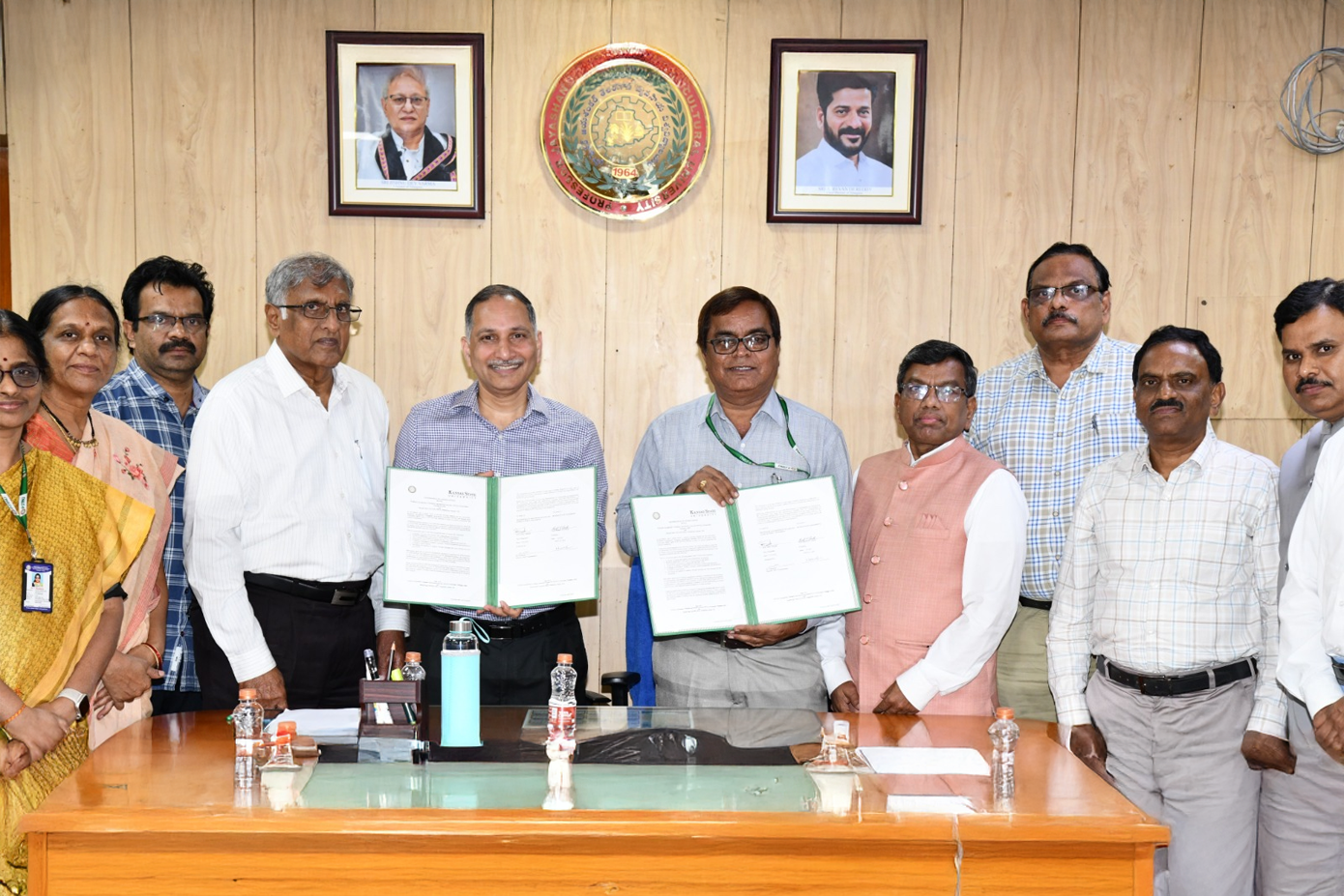
Department Photo and Video
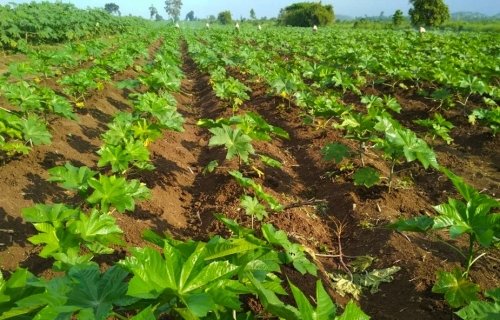









| Major Courses Offered in the Department | ||||||
|---|---|---|---|---|---|---|
| Sl. No. | Course No. | Course Title | Credit Hours | |||
| 1. | GPB – 601 | Advances in Plant Breeding Systems | 3 (3+0) | |||
| 2. | GPB – 602 | Advances in Biometrical Genetics | 3 (2+1) | |||
| 3. | GPB – 604 | Plant Genetic Resources, Conservation and Utilization | 2 (2+0) | |||
| 4. | GPB – 605 | Genomics in Plant Breeding | 3 (3+0) | |||
| 5. | GPB – 607 | Crop Evolution | 3 (3+0) | |||
| 6. | GPB – 609 | IPR & Regulatory Mechanisms | 1 (1+0) | |||
| 7. | GPB – 691 | Doctoral Seminar – I | 1 (1+0) | |||
| Minor Courses Offered in the Department | ||||||
| Sl. No. | Course No. | Course Title | Credit Hours | |||
| 1. | SST – 604 | Genetic Purity and DUS Testing | 3 (2+1) | |||
| 2. | MBB – 601 | Plant Molecular Biology | 3 (3+0) | |||
| 3. | MBB – 602 | Plant Genome Engineering | 3 (3+0) | |||
| 4. | MBB – 692 | Doctoral Seminar – II | 1 (1+0) | |||
| Supporting Courses | ||||||
| Sl. No. | Course No. | Course Title | Credit Hours | |||
| 1. | PP – 507 | Photosynthetic Process Crop Growth & Productivity & Concepts of Crop Modeling | 3 (2+1) | |||
| 2. | STAT – 522 | Data Analysis Using Statistical Packages | 3 (2+1) | |||
| 3. | PP – 510 | Seed Physiology | 3 (2+1) | |||
| Common Course | ||||||
| Sl. No. | Course No. | Course Title | Credit Hours | |||
| 1. | AEC – 610 | Research and Publication Ethics | 2 (2+0) | |||
| Teaching Staff Details | ||||||
| S. No. | Name | Designation | Specialization | Contact No. | Date of Retirement | |
| 1. | Dr. V. Hemalatha | Professor & Head | Conventional Plant Breeding in Rice, Castor and Maize | 9704680548 | hemasagarsci@gmail.com | 30-06-2035 |
| 2. | Dr. C.V. Sameer Kumar | Professor (AL-15) & Univ. Head | Conventional and Molecular Breeding in Castor, Redgram, Safflower and Jowar | 970415778 | venkatachanda1968@gmail.com | 31-08-2028 |
| 3. | Dr. M. Sreedhar | Professor | Conventional and Molecular Breeding in Rice, Oilseeds and Maize | 9949437035 | mulisree1969@gmail.com | 31-05-2029 |
| 4. | Dr. I. Swarnalatha Devi | Professor | Conventional Plant Breeding in Rice and Pulses | 9440030212 | inapanuri.72@gmail.com | 30-06-2026 |
| 5. | Dr. D. Shivani | Professor | Conventional Plant Breeding in Rice, Pulses, Jowar and Safflower and Teaching | 9908100099 | shivani.angrau@gmail.com | 28-02-2034 |
| 6. | Dr. J. Suresh | Professor | Genetics and Plant Breeding, Plant Genetic Resources, IPR, Conventional Plant Breeding, Millets, Pulses, Sesame | 6300010422 | jdsuresh77@gmail.com | 31-05-2034 |
| 7. | Dr. K. Sumalini | Associate Professor | Genetics and Plant Breeding | 8121001405 | sumalinikatragadda@gmail.com | 31-07-2035 |
